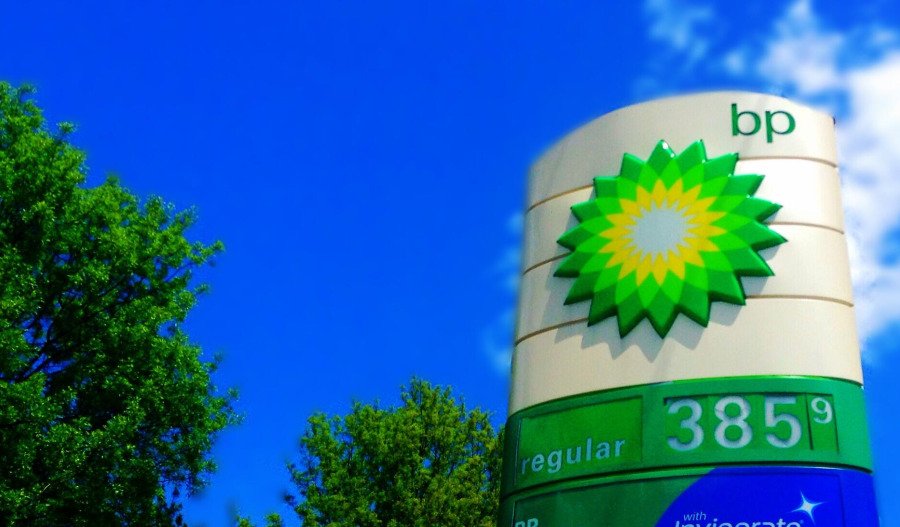BP has been thrust back into the limelight as a potential takeover target amid depressed oil prices and an identity crisis. After making a double pivot from fossil fuels to renewables, it is now back to fossil fuels again.
The stigma of the Deepwater Horizon disaster in the Gulf of Mexico back in 2010 saw (BP : LON) make a fundamental shift away from fossil fuels to get on board with the clean energy goals of the world - a la the Paris Agreement the nations of the world signed up to.
Back in 2020, incoming CEO Bernard Looney said the company intended to become a net-zero carbon emitter by 2050 - a lofty goal for a fossil fuel producer.
After an almost eight-year ‘Beyond Petroleum’ marketing campaign following the Deepwater Horizon incident, the pivot seems to have not worked - at least for shareholder returns - and it has decided to pivot away from green energy production.
Yet it just bought the remaining 50.3% stake it didn’t already own in Europe’s largest solar energy producer - Lightsource - increasing its footprint in the onshore renewable energy industry.
Lightsource gives BP a 62GW development pipeline and operations spanning 19 global markets - perhaps just to tie up its already half-owned billion-dollar investment.
Target on its back
The energy major has now all but abandoned its green strategy after a protracted period of underwhelming results and boosted annual expenditure back into oil and gas.
American activist hedge fund Elliott Investment - which has now amassed a US$4.2 billion stake in BP - is expected to demand sweeping changes away from its green energy tilt too.
BP itself - perhaps towing the line of its third-largest shareholder - is planning to cut net debt down to between US$14 billion and US$18 billion by the end of 2027 by selling off non-core assets to reinvigorate its position.
Yet after a 25% loss in stock value in the past year, takeover sharks are swimming in the current heated M&A climate.
Murray Auchincloss has said that the pivot is attracting “significant interest” in the firm’s non-core assets, ahead of its annual general meeting this week.
With oil prices depressing its already downed share price, speculation of a takeover is regaining traction ahead of the company AGM.
Domestic rival Shell (NYSE : SHEL) and U.S. oil giants Exxon Mobil (NYSE : XOM) and Chevron (NYSE:CVX) are in the mix as potential suitors for the US$71.61-billion oil major.
“Certainly, BP is a potential takeover target — no doubt about that,” Maurizio Carulli, energy and materials analyst at Quilter Cheviot, told the media.
Shares in the £55 billion BP are trading at £$347.55, down 32.59% in the last 12 months.


